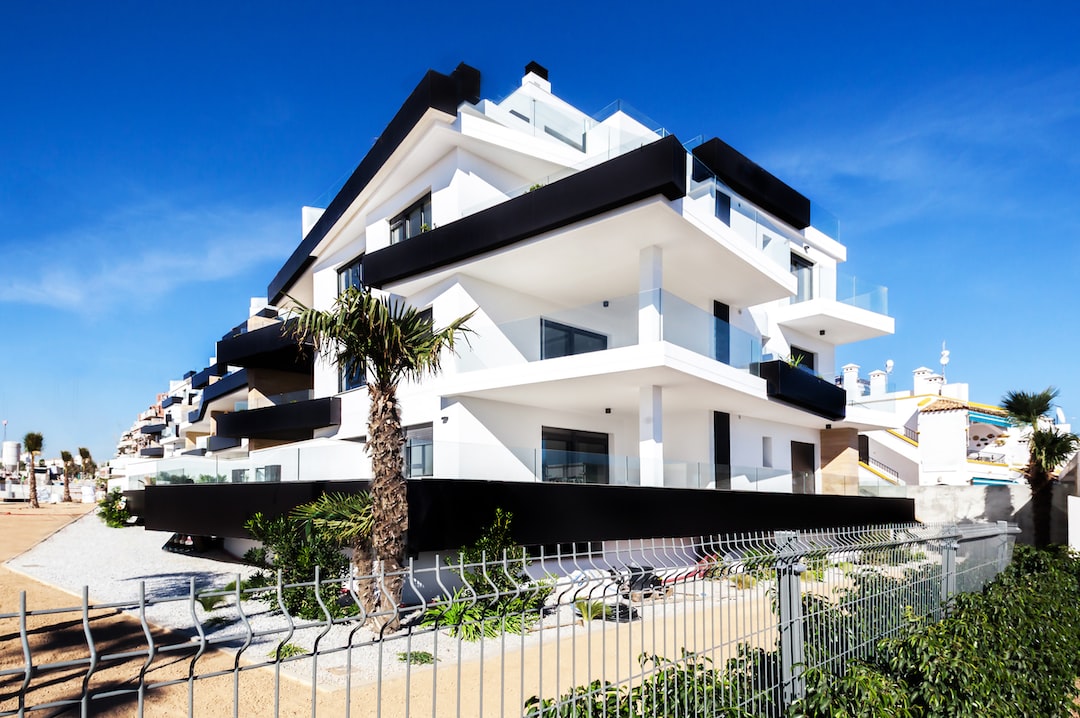Maintenance is one of the most important aspects of owning and managing a rental property. When it comes to maintaining a rental property, it is not only about enhancing the aesthetic appeal of the property but also ensuring the functionality of all building systems and amenities.
The importance of maintenance can be summed up in three key areas: tenant satisfaction, building sustainability, and financial viability. Let’s take a closer look at each of these areas and their impact on rental properties.
Tenant satisfaction
One of the primary goals of owning a rental property is to keep tenants happy. By maintaining the property properly, landlords can ensure that tenants are satisfied and comfortable. This, in turn, can lead to long-term tenant retention, which can save landlords money and headaches associated with high turnover rates.
For instance, conducting regular inspections and addressing any maintenance issues promptly can help tenants feel valued and safe. It is critical to addressing any issues before they escalate into more significant problems that might lead to long-term structural damage and costly repairs.
Building sustainability
Maintenance also plays an essential role in the sustainability of rental properties. Depending on the age and condition of the building, the wear and tear are inevitable. Timely repairs can extend the life of any mechanical systems, such as plumbing and heating, and eliminate more costly emergency repairs or replacements.
Furthermore, performing regular preventive maintenance can reduce the chances of dangerous and unexpected breakdowns that might lead to safety concerns. Regular maintenance can also save landlords money on energy costs by ensuring that the building’s systems operate efficiently.
Financial viability
Maintaining a rental property is essential to its overall financial viability. As mentioned earlier, regular maintenance can extend the life of any mechanical systems and prevent more invasive (and expensive) repairs. Keeping up with repairs and maintenance can help landlords avoid costly emergency repairs and replacements, which can lead to significant financial losses and disrupt cash flow.
Additionally, making an investment in the rental property can lead to an increase in the value of the property, leading to a higher return on investment (ROI). Regular maintenance can prevent small problems from becoming more significant issues that could diminish property value or tenant appeal.
In conclusion, regularly maintaining a rental property is critical to its success and financial viability. Landlords should implement a comprehensive maintenance program to ensure that the property remains in exceptional condition, and all its systems and amenities remain operational. Such a program should include preventive maintenance, routine inspections, and prompt addressing of any issues. By doing so, landlords can ensure tenant satisfaction, sustainability, and financial viability.

